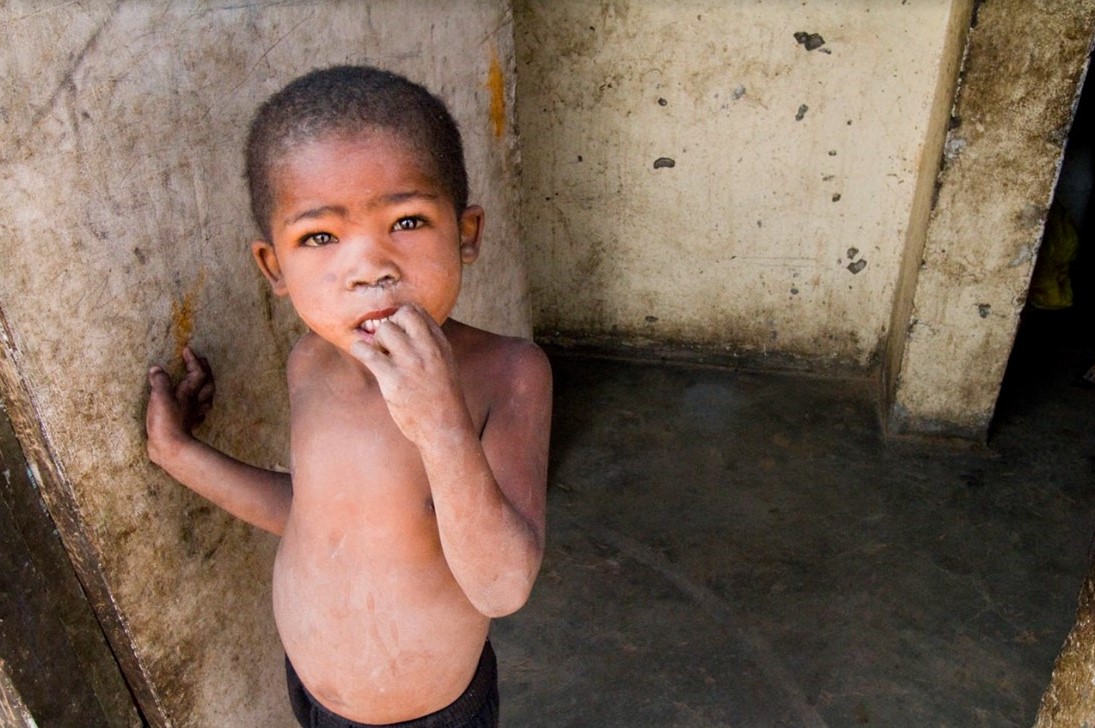South Africa after 30 years Still a nation of two economies
Main Article Content
Abstract
The ANC is confronted with one tough question: reform or die slowly. ROLAND NGAM delves into the ANC-led attempts at creating a South Africa that works for all and examines why the Freedom Charter’s resolution – “the People Shall Share in the Country’s Wealth” – is still an aspiration three decades into Black majority rule. He posits that that many fundamental aspects of the national question, especially land and the economy, have been postponed for too long.
Thirty years into the democratic dispensation, South Africa is still a country of two nations as former President Thabo Mbeki once famously described it. The dream of economic freedom post-apartheid is deferred indefinitely. The challenge of poverty remains, to borrow the famous words of the eminent African American scholar, William Edward Burghardt Du Bois, “the problem of the color-line”. The rural countryside also looks and feels cast adrift. It is dominated by pervasive apartheid geography with a preponderance of informal settlements. Municipalities are struggling under the yoke of corruption and poor service delivery and because municipalities are struggling, hospitals, public transport, schools and security are struggling. A key priority of the national question, i.e. the long-promised land reform and a demand of the 1955 Congress of the People is yet to be delivered. This is fuelling a sense of betrayal among Blacks and it has become the cudgel that political parties, notably the Economic Freedom Fighters (EFF) and rabble rousers use to beat the ANC with at every opportunity. Some anxious and sometimes mischievous voices have started saying openly that things were better for Blacks in the apartheid era.
Downloads
Article Details

This work is licensed under a Creative Commons Attribution-NoDerivatives 4.0 International License.

